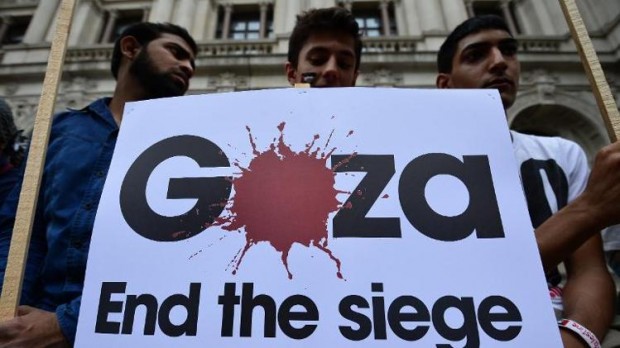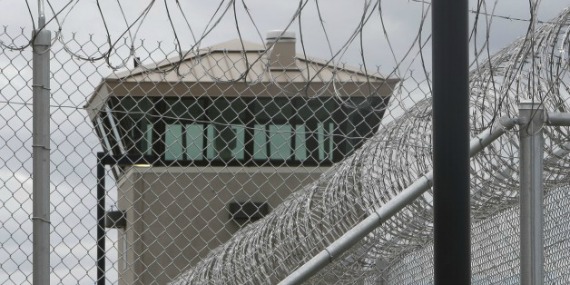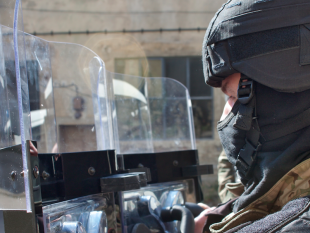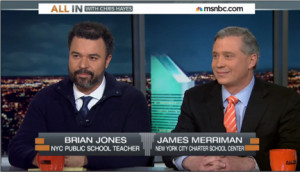
After three years of relative silence, the U.S. press has finally “discovered” the crisis of tens of thousands of unaccompanied minors piling up on the U.S. border.
IBW21 (The Institute of the Black World 21st Century) is committed to enhancing the capacity of Black communities in the U.S. and globally to achieve cultural, social, economic and political equality and an enhanced quality of life for all marginalized people.

After three years of relative silence, the U.S. press has finally “discovered” the crisis of tens of thousands of unaccompanied minors piling up on the U.S. border.

Please join us this Thursday, July 24, in this urgent call to stop the Israeli offensive in Gaza and end the 7-year siege that has made life in Gaza so miserable.
Perhaps the terrible truth of drug war violence will finally be addressed as all of America bore witness this summer to the horror of some 52,000 unaccompanied children who were fleeing devastating violence that had erupted in Central America.

When you hear MTV, you don’t think “research.” But, for the last few years, the music television channel has been building a public affairs campaign to address bias called “Look Different.”
Black people recently have witnessed two heinous incidents in which police on both coasts shattered any confidence many of us had in law enforcement.
WE ARE all familiar with the proverb “Give a man a fish, and you will feed him for a day, teach a man to fish and you feed him for a lifetime.”

Today the U.S. Sentencing Commission voted to retroactively apply an amendment approved earlier this year by the U.S. Sentencing Commission that lowers federal guidelines for sentencing persons convicted of drug trafficking offenses

America is on the precipice of a fascist uprising. While liberals have consistently leveled the f-word against opponents on the right…

If there were poetic justice in the world, Argentina would have beaten Germany in the last three minutes of play instead of vice versa.
Lefties Food Stall, a pint-sized eatery serving Barbados’ signature flying-fish sandwiches, recently became the first snack shack on the Caribbean island to be fitted with a solar panel.

Yet while asset prices soar, the production of goods and services, employment and workers’ incomes are not recovering and resuming growth.

All In With Chris Hayes had the most ethnically diverse guestlist we found on cable news.